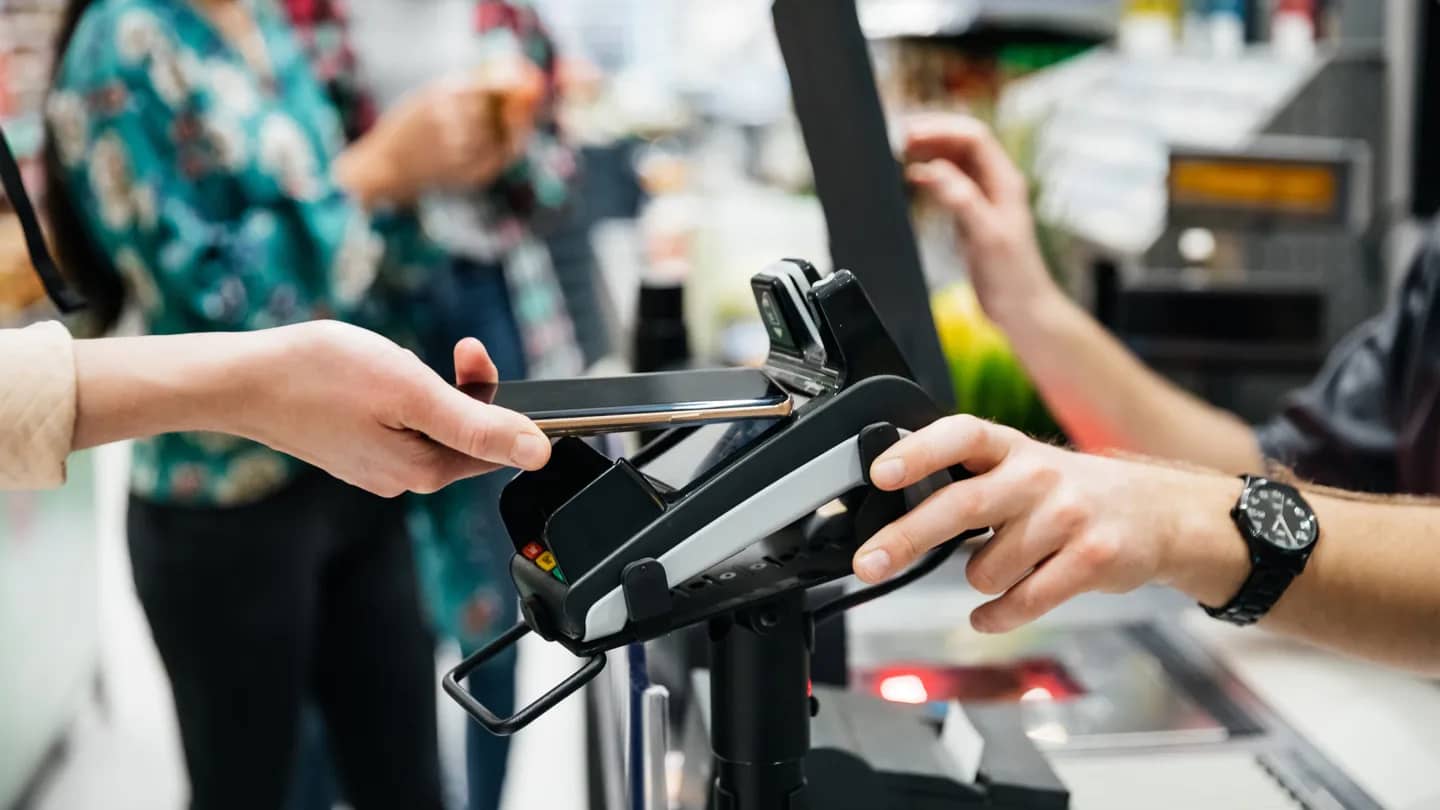In the era of instant gratification, the world is briskly moving towards a cashless society where the jingle of coins and the rustle of paper money are becoming relics of the past. Digital payments, now faster, cheaper, and more convenient, are replacing physical currency, but not all digital pathways are created equal.
At the forefront of this transformation is blockchain technology, a decentralized ledger that's leaving traditional payment systems in the dust. Unlike the conventional methods burdened with intermediaries, fees, and delays, blockchain technology provides secure, transparent, and immutable peer-to-peer transfers. In case you're not aware, we're rapidly moving from industrial to technological. It's a new revolution, the fourth industrial revolution as some would like to call it.
XRP: A Star In The Crypto Galaxy
One of the shining stars in this digital cosmos is XRP, a cryptocurrency native to the XRP Ledger. Capable of processing transactions in mere seconds and scaling to millions per day, XRP aims to be the bridge that connects disparate financial realms, including banks, fintech platforms, and central bank digital currencies (CBDCs).
Cross-border payments, a notorious financial labyrinth riddled with delays and costs, find a champion in XRP, cutting through the complexities of multiple intermediaries and currency conversions.
A constellation of payment service providers such as Ripple, MoneyGram, Bitso, and Tranglo has adopted XRP to offer faster and more affordable remittance solutions. Take Tranglo, a Malaysian firm specializing in cross-border payments, which has partnered with Ripple to utilize XRP for instant and cost-effective transfers, revolutionizing the way funds move across borders.
Beyond XRP: A New Horizon of Possibilities
But the innovation doesn't stop at XRP. Other projects like Stellar, Algorand, and Cardano are emerging with their unique features, all converging on the shared goal of an inclusive, efficient, and democratized payment ecosystem.
The US Federal Reserve's new instant payment system, FedNow, launched in July 2023, is another interesting development. Aiming to bolster the country's payment infrastructure, FedNow operates 24/7, with unparalleled finality and security.
Some may see FedNow as a rival to blockchain, but in truth, it's a complementary force. It represents an opportunity for XRP to underline its utility as a bridge currency, connecting various payment systems, something the Federal Reserve's service doesn't address. Blockchain's innovation could be FedNow's gain. It could be the monetary solution for the U.S to get itself out of the financial debt it has, with on-demand liquidity and Fednow.
Australia's Journey Towards A Cashless Society

Australia, a country sprinting towards a cashless existence, exemplifies this trend. Gone are the days when cash reigned supreme; digital payments, accelerated by the COVID-19 pandemic, are now the norm.
Some experts even forecast a 98% cashless Australian economy by 2024, while others foresee this happening by 2026. The benefits? Reductions in tax evasion, money laundering, counterfeiting, and a surge in efficiency and convenience.
However, the journey is not without its bumps. Privacy concerns, security risks, and the digital divide pose challenges, especially for the elderly and those in remote regions.
Conclusion: A Future Unbound By Physical Currency
The marriage of blockchain and payment systems is forging a future unchained from the constraints of physical currency. Cryptocurrencies like XRP are becoming the bridges that allow different financial territories to communicate without friction or mediation.
As we stand at the cusp of this new financial dawn, it's clear that blockchain technology is not just an alternative; it's becoming the norm, shaping a cashless society that promises to be more efficient, inclusive, and transparent. The consumers and businesses of tomorrow stand to benefit from payments that are faster, cheaper, and more convenient than ever before.
In the race to a cashless future, the blockchain revolution is leading the way. The world is watching, and the change is only just beginning. Whether you're for or against a cashless society, there's nothing you're going to do to stop this freight train. The wheels have been set in motion long ago, and as the world moves towards this new system, those that fail to adapt to change, or the ones that will be left behind.
Matt is the founder of TechMalak. When he's not buried face-deep in the crypto charts you can find him tinkering with the latest tech gadgets and A. I tools. He's a crypto investor and entrepreneur. He uses a mixture of A.I and human thought and input into all his articles on TechMalak, further merging man with machine.





